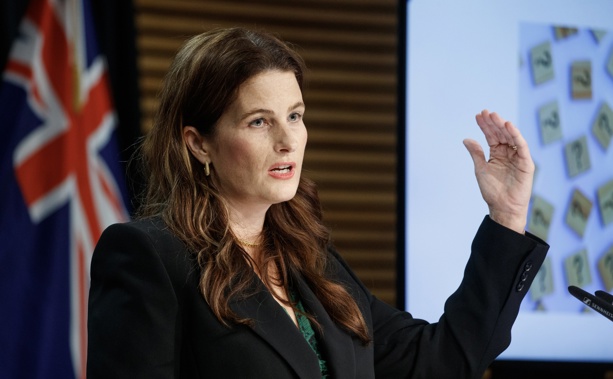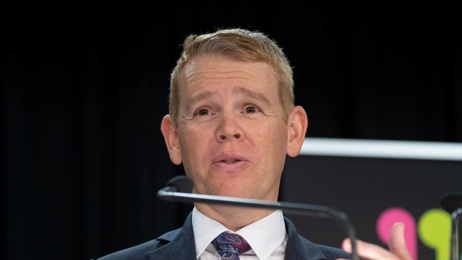
Nicola Willis disappointed economic nerds across the country on Wednesday.
The Finance Minister broke with a well-established fiscal convention when releasing her Budget Policy Statement this week, by not including a detailed set of operating allowance projections.
For the non-nerds, that is the amount of new money the Government expects to spend at upcoming budgets.
She did say it would be less than $3.5 billion, but she failed to do what Grant Robertson, Steven Joyce, Bill English, Michael Cullen and a myriad of other Finance Ministers have done for decades.
Instead, Willis will provide that information on the day of the budget, May 30.
This may sound trivial and, frankly, something only a handful of economists care about, but it speaks to a wider issue which has been haunting the Government for weeks.
In the scraps of information Willis did choose to share with the public on Wednesday was a promise that tax cuts would be funded through the operating allowance – new money.
The tax cuts will be “meaningful” Willis told reporters.
But when probed for more details, she told reporters they had to wait until the budget.

Which is fair.
Details of the tax cut policy will be the crown jewel of Willis’ first budget and formed the backbone of National’s whole election campaign.
But her inability – or more likely outright reluctance – to confirm if the Government’s planned tax cuts will be identical to what National promised on the election campaign raises questions.
The main one being how much has changed from National’s initial taxation promise.
As a general rule of thumb, an election promise under MMP is more akin to a commitment to a direction of travel, rather than a pledge to deliver.
The great policy washout that is the coalition negotiations means the only promise that can truly be made comes from the coalition agreements signed by all governing parties.
According to National’s coalition agreement with New Zealand First: “The National and New Zealand First Parties agree to progress in this term the policies set out in National's Fiscal Plan [and] Tax Plan”.
It’s similar wording in Act’s agreement with National.
There may be some tinkering around the tax cuts, but at this point they’re as good as baked in.
But politics is opportunity cost: What the Government must give up, to pay for something else.
At the budget, the ‘something else’ is the tax cuts.
What must be given up remains to be seen – but each day, that edge of the ledger appears to be getting larger.
That much is clear from Treasury’s economic forecast. It downgraded it’s GDP growth projections from the already lackluster 1.5 percent this year, to just 0.1 percent.
This should not come as a surprise; Willis and her boss Chris Luxon have been warning as much for weeks.
This is being felt starkly in Wellington, with job cuts to public services making news most week.
There will be more.
Wednesday might have been a bad day for a handful of fiscal enthusiasts who didn’t get the economic data they wanted.
But the worst is yet to come in the Budget, where Willis will outline some of the “hard choices” the Government had to make to pay for their tax cuts.
And there will be plenty of data to comb through on May 30.
Take your Radio, Podcasts and Music with you









